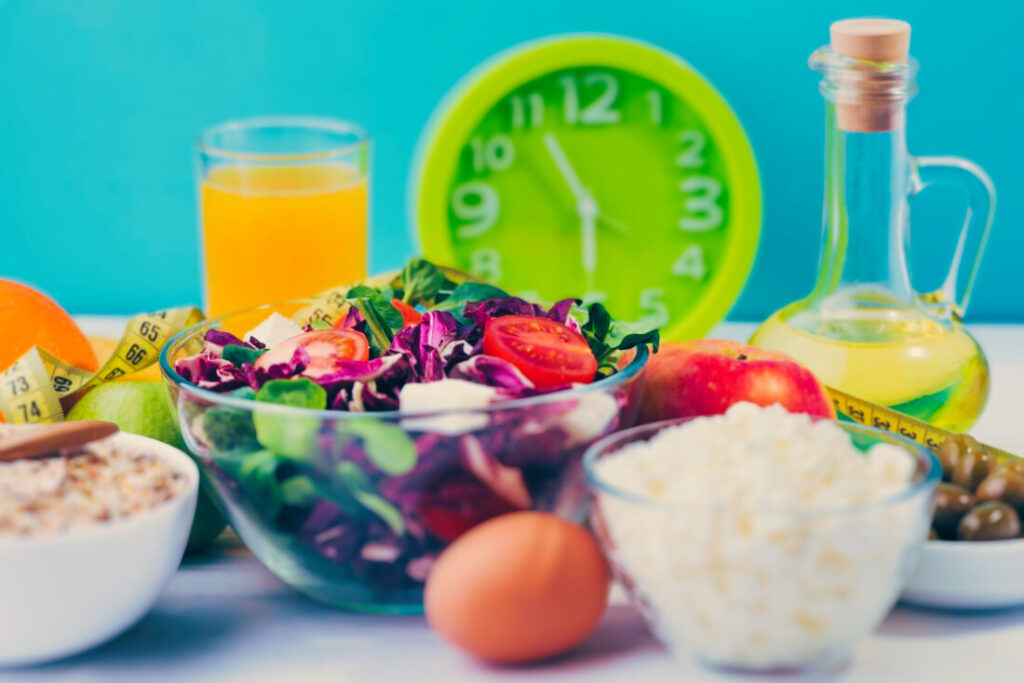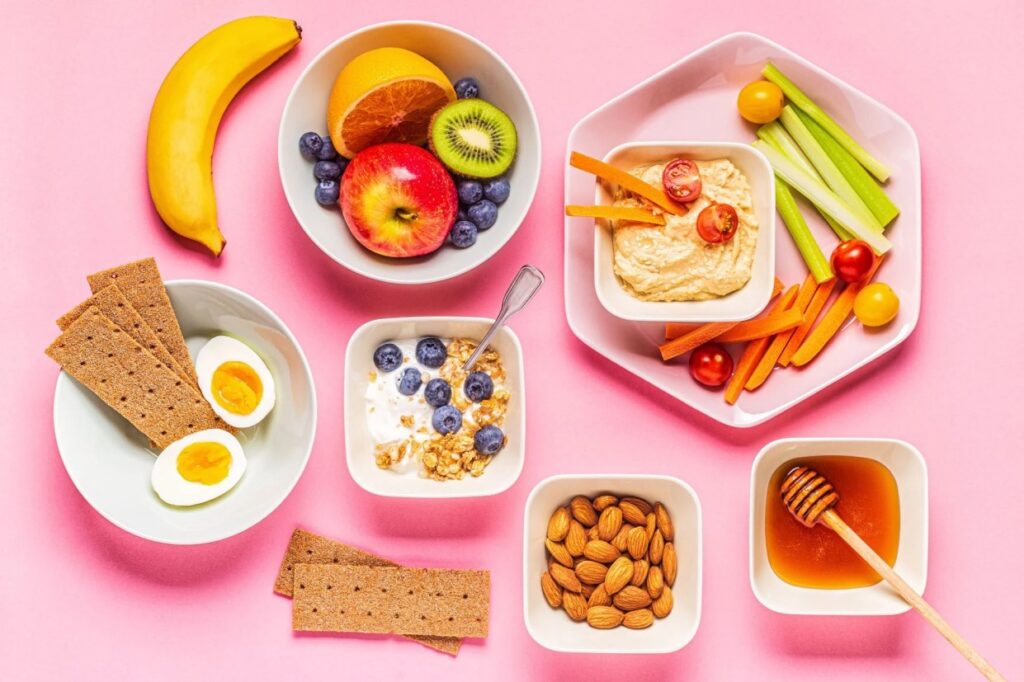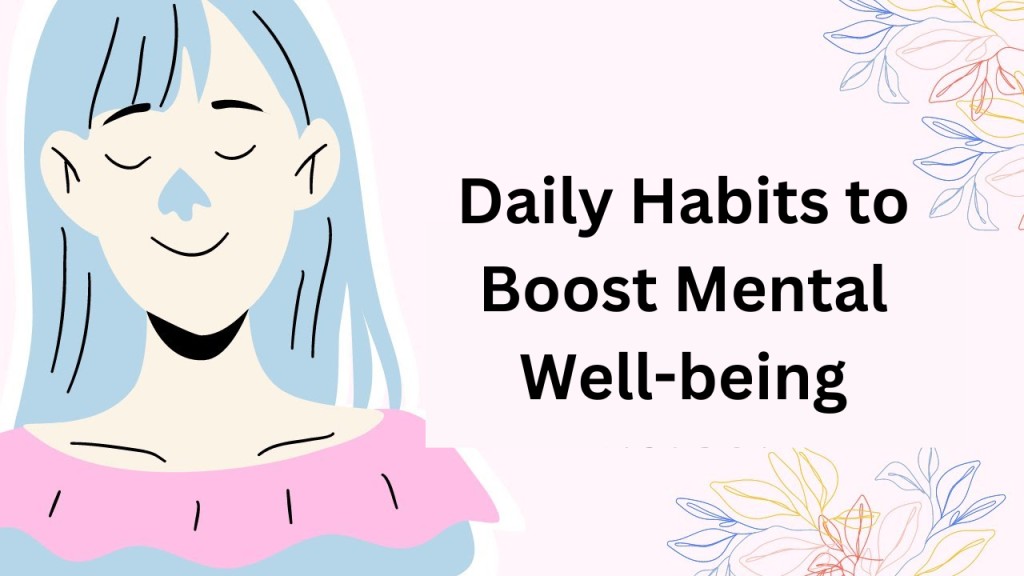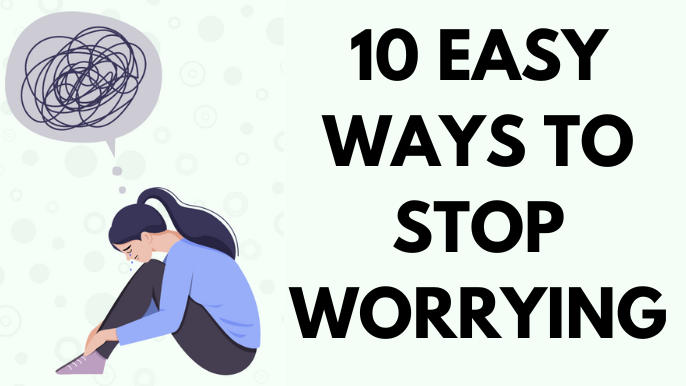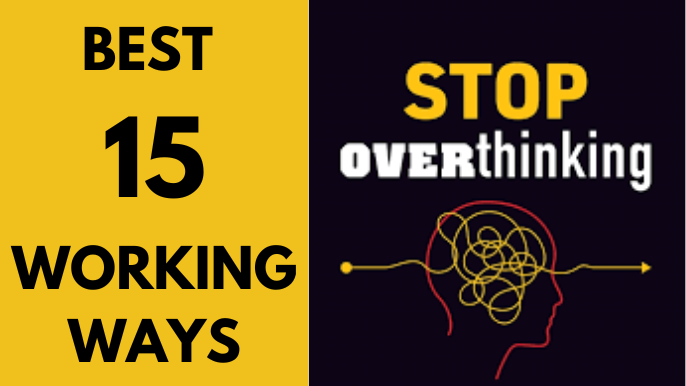Eating healthy is essential, but did you know that even the healthiest foods can be harmful if consumed in excess?
While superfoods provide essential nutrients, going overboard can lead to unexpected side effects. Let’s explore eight nutritious foods that should be eaten in moderation.
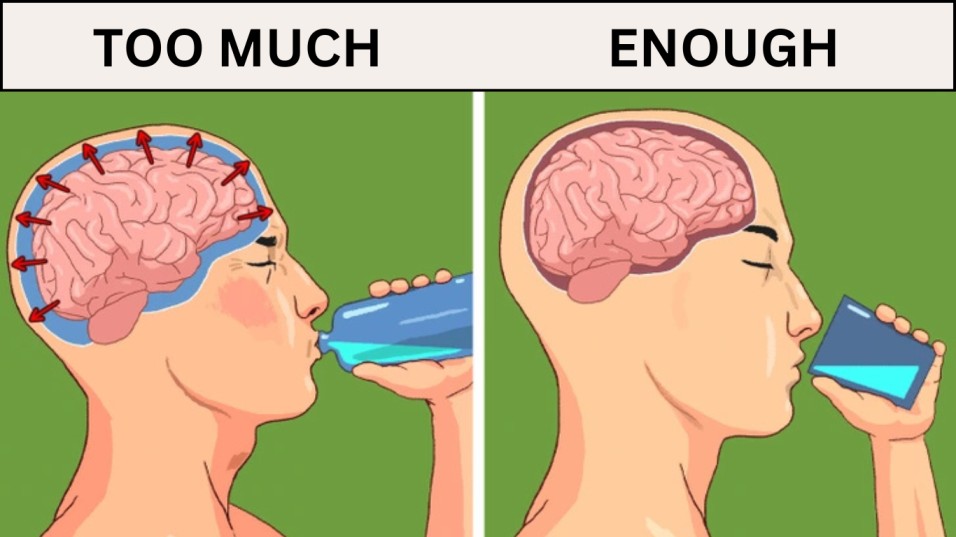
8 Healthy Foods We Shouldn’t Overdose On
1. Nuts
Benefits of Nuts
Nuts, such as almonds, walnuts, and cashews, are packed with protein, healthy fats, and essential vitamins. They’re great for heart health, brain function, and even weight management when consumed in moderate amounts.
Risks of Excessive Consumption
However, nuts are calorie-dense, and overeating them can lead to weight gain. Some nuts, like Brazil nuts, contain high levels of selenium, which can be toxic when consumed in large amounts. Too many nuts can also cause digestive issues due to their high fiber and fat content.
2. Spinach
Nutritional Value of Spinach
Spinach is a powerhouse of vitamins A, C, and K, along with iron and antioxidants. It’s excellent for boosting immunity and maintaining strong bones.
The Risk of Kidney Stones
The downside? Spinach is rich in oxalates, which can contribute to kidney stone formation if consumed excessively. Those prone to kidney stones should moderate their intake and drink plenty of water.
3. Tuna (Especially Canned Tuna)
Rich Source of Protein and Omega-3
Tuna is an excellent source of lean protein and omega-3 fatty acids, which support heart and brain health.
Mercury Poisoning Risks
Unfortunately, tuna can also contain high levels of mercury, which can be harmful if consumed in large amounts. Pregnant women and young children are particularly advised to limit their intake of canned tuna to reduce mercury exposure.
4. Dark Chocolate
Antioxidants and Heart Health Benefits
Dark chocolate is rich in antioxidants, which help reduce inflammation and improve heart health.
Excess Caffeine and Sugar Intake
However, consuming too much dark chocolate can lead to an excessive intake of caffeine, potentially causing sleep disturbances and increased heart rate. Plus, many brands contain added sugar, which can negate its health benefits.
5. Brown Rice
Fiber and Essential Nutrients
Brown rice is a great source of fiber, B vitamins, and magnesium, making it a healthier choice than white rice.
Arsenic Contamination Concerns
But there’s a catch—brown rice tends to contain higher levels of arsenic compared to white rice. Consuming large amounts over time may increase the risk of arsenic-related health issues, including heart disease.
6. Avocados
Healthy Fats and Vitamins
Avocados are loaded with heart-healthy monounsaturated fats, potassium, and fiber, making them a fantastic addition to a balanced diet.
Caloric Overload and Digestion Issues
However, avocados are also very calorie-dense. Eating too many can contribute to weight gain, and some people experience digestive discomfort due to their high fat content.
7. Chia Seeds
Omega-3s and Fiber Benefits
Chia seeds are a nutritional powerhouse, offering omega-3 fatty acids, fiber, and protein to support digestion and heart health.
Digestive Problems When Overconsumed
But here’s the issue—chia seeds absorb a lot of water, expanding in the stomach. Overeating them can cause bloating, constipation, or even choking hazards if not consumed with enough liquid.
8. Carrots
High in Beta-Carotene for Eye Health
Carrots are well-known for their high beta-carotene content, which supports good vision and overall immune function.
Skin Discoloration from Excessive Intake
Eating too many carrots can lead to carotenemia, a harmless condition that turns the skin yellowish-orange. While not dangerous, it’s a clear sign to cut back!
Conclusion
Even the healthiest foods can have drawbacks when eaten in excess. The key is balance—enjoy these nutritious foods as part of a varied diet, but be mindful of portion sizes. Moderation ensures that you reap the benefits without unwanted side effects.
FAQs
1. Can eating too many healthy foods make you sick?
Yes! Overconsumption of certain healthy foods can lead to digestive issues, nutrient imbalances, or even toxicity in some cases.
2. How many nuts should I eat per day?
A small handful (about 1 ounce or 28 grams) of mixed nuts is a healthy daily portion.
3. Is it safe to eat spinach every day?
Yes, but in moderation. If you’re prone to kidney stones, it’s best to limit intake and balance it with other greens.
4. How often should I eat tuna?
It’s recommended to eat tuna 2–3 times a week, especially if you choose canned varieties that may contain mercury.
5. Can I eat avocado every day?
Yes, but half to one avocado per day is a good limit to avoid excessive calorie intake.


